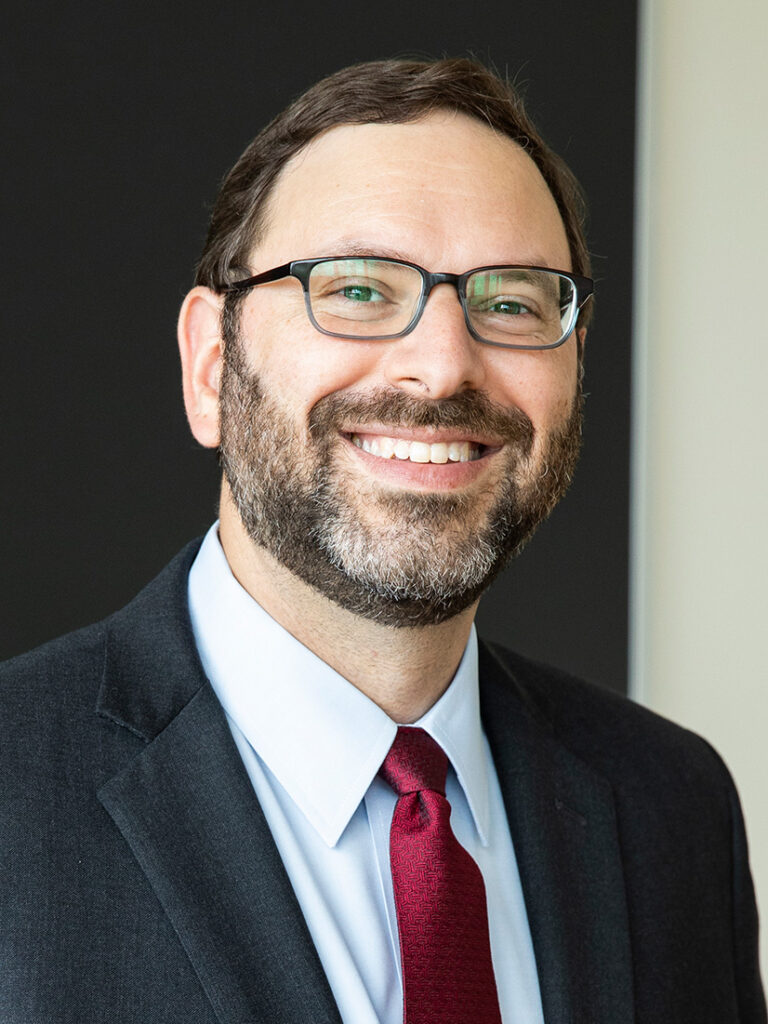By some coincidence, I received [the initial] email asking “where is the outcry?” not long after reading about the ongoing genocide in Sudan. Human Rights Watch summarizes the conflict as follows:
The government of Sudan is responsible for “ethnic cleansing” and crimes against humanity in Darfur, one of the world’s poorest and most inaccessible regions, on Sudan’s western border with Chad. The Sudanese government and the Arab “Janjaweed” militias it arms and supports have committed numerous attacks on the civilian populations of the African Fur, Masalit and Zaghawa ethnic groups. Government forces oversaw and directly participated in massacres, summary executions of civilians-including women and children—burnings of towns and villages, and the forcible depopulation of wide swathes of land long inhabited by the Fur, Masalit and Zaghawa….
The government and its Janjaweed allies have killed thousands of Fur, Masalit, and Zaghawa– often in cold blood, raped women, and destroyed villages, food stocks and other supplies essential to the civilian population. They have driven more than one million civilians, mostly farmers, into camps and settlements in Darfur where they live on the very edge of survival, hostage to Janjaweed abuses. More than 110,000 others have fled to neighbouring Chad but the vast majority of war victims remain trapped in Darfur.
The stories of some of these 1 million refugees are told by the L.A. Times (linked here):
GOUNGOUR, On the Chad-Sudan border — Barefoot and half-naked, Hamesa Adam carried two sons on her back for six days across the searing Sudanese desert. Two other children, missing their dead father, walked barefoot, and two more rode a donkey.
But 6-year-old Mohammed, one of the children on the donkey, got weaker and weaker.
He cried constantly, clutching at his side. There was not enough food. On the fourth day, Mohammed struggled off the donkey and fell onto the sand.
They buried him nearby, about 2 feet down, placing branches on the grave to keep animals from digging up his body.
According to Doctors Without Borders, more than 20 percent of children under 5 in Darfur are already suffering from malnutrition, and about 5 percent had already died in the last three months. (“These levels of mortality are well in excess of death rates defined as an emergency.”) The U.S. Department of State believes that between 15,000 and 30,000 civilians have already been killed in the conflict, and that “hundreds of thousands” are in “imminent danger.” If the 30,000 figure is accurate, that would be several times the highest estimates for the number of civilian casualties in Iraq, and more than 10 times the number of Palestinians (civilian or otherwise) who have died in the second intifada. (Additionally, although both the perpetrators and victims in Darfur happen to be Muslim, the conflict isn’t free of religious motives: those killed belong to a different denomination of Islam than the militias, and according to Human Rights Watch, the militias “have destroyed mosques, killed Muslim religious leaders, and desecrated Qorans belonging to their enemies.”)
Now, in mentioning all this, I’m hardly making the argument that because there’s currently ethnic cleansing in Sudan, we can’t be outraged by suffering elsewhere. (That would be akin to the bizarre argument against intervening in Iraq, that “there are many other countries with human rights violations.” I can see how this might be a reason why one isn’t obliged to intervene everywhere, but I can’t see how that would be a reason why one shouldn’t intervene anywhere.)
And I’m certainly not making the appalling argument that “Well, some Arabs got their houses torn down, but some other Arabs burnt somebody’s village, so it all balances out in the end.” What I’m trying to ask is why Sudan hasn’t attracted the kind of outcry that other causes have received. We have, RIGHT NOW, a genocidal conflict going on that has already claimed tens of thousands of lives (and may claim hundreds of thousands more, if the refugees cannot receive food and medicine). We have a war, RIGHT NOW, that seems to be fulfilling all the worst fears of those who opposed the war in Iraq: targeted at civilians, motivated by ethnic and religious hatred, blatantly directed at the murder of Muslims. Why, then, have those concerned for peace not adopted Darfur as their central cause? Where are the protests in New York and Geneva at Sudan’s reelection to the Human Rights Commission? Why have the street corners of Oxford, which have blossomed with political posters in the last two years, not been covered by stickers calling for peace in Darfur? Some of my friends here marched in London last year; of the millions who marched worldwide to protest the war in Iraq, do you know a single person who has marched to stop the killing in Darfur? Where are the international coalitions to “stop war and end racism” now that a racist war is being prosecuted under our very noses?
I’m not trying to accuse anyone of hypocrisy; I know that many of those who called for peace last year did so out of sincere conviction. (Moreover, I haven’t marched for Sudan either; I’ve written my congressman, but that’s about it.) What I’m trying to ask, and what [the initial] subject line made me consider, is why the global movements that emerged during the buildup to the Iraq war have been so comparatively quiet when faced with a war whose motives and consequences are undeniably more terrible. To my mind, it’s hard to avoid the suspicion that the movements’ attention is simply not engaged by violence that fails to fit a certain profile, that can’t be told in a familiar anti-colonial narrative; that if innocent people are being murdered, the identity of the perpetrators is the most significant factor in whether it will be opposed. But don’t the lives of the victims–Muslim lives, African lives, human lives in general–deserve protection in their own right? Why have the movements, which last year championed the wretched of the earth, here responded with silence?

